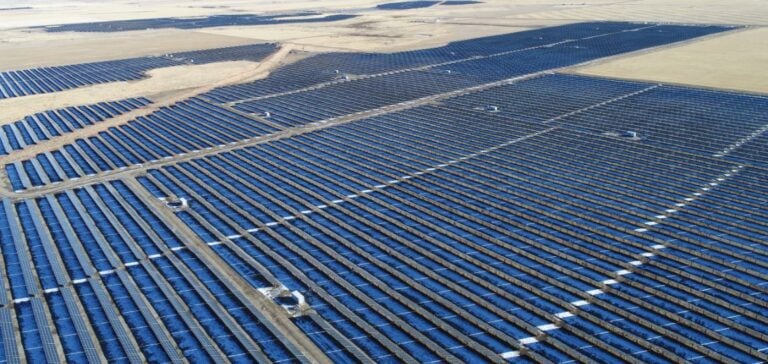Quebec continues to strengthen its commitment to energy transition with a new project announced by the Minister of Economy, Innovation, and Energy, Christine Fréchette. The state-owned company Hydro-Québec is preparing to launch two tenders for a total capacity of 300 megawatts (MW) of solar energy, aimed at diversifying its energy portfolio and better meeting the province’s growing electricity needs.
Solar energy, previously underutilized by Hydro-Québec, is seen as an ideal complement to wind energy. Indeed, solar panels generate more energy during the summer, while wind turbines are more efficient in winter. This new solar capacity will thus contribute to stable and continuous electricity production throughout the year.
A major step toward carbon neutrality by 2050
As part of its energy strategy, the Quebec government aims to double Hydro-Québec’s production capacity to meet its carbon neutrality targets by 2050. By focusing on solar energy, Quebec intends to reduce its reliance on fossil fuels and accelerate the energy transition. Diversifying energy sources also allows for the provision of electricity at a more competitive cost for citizens and businesses.
The initiative is part of a proactive approach to managing the province’s growing energy demand, marked by the establishment of numerous businesses and industries in Quebec. This increase in electric capacity addresses the growing energy needs and serves as a factor to attract foreign investments.
Details of the tenders
The first tender, scheduled for release before the end of 2024, aims to cover half of the desired capacity, or 150 MW. This initial project is essential to lay the foundation for solar infrastructure, thus allowing an initial connection to the Hydro-Québec grid. The second tender, intended to fulfill the remaining 150 MW, plans for a grid connection by the end of 2029.
To ensure the success of these projects, Hydro-Québec will work closely with local and international companies specializing in solar energy. This collaboration aims to ensure rapid and efficient development, as well as seamless integration into the existing grid.
A strategic investment for the future
The 300 MW solar energy tenders are not only a response to immediate electricity needs but also a significant step in modernizing Quebec’s energy infrastructure. The adoption of solar energy marks a shift towards a more resilient and flexible energy mix, capable of responding to seasonal demand fluctuations.
This investment represents an opportunity for Hydro-Québec to position itself as a key player in North America’s energy transition while consolidating its role as a clean energy provider for Quebec residents.






















